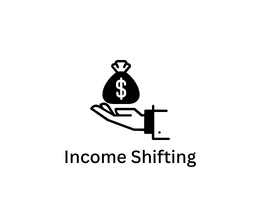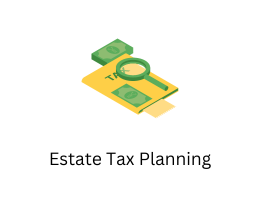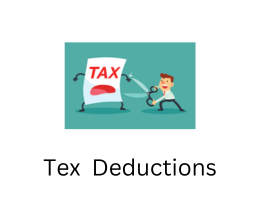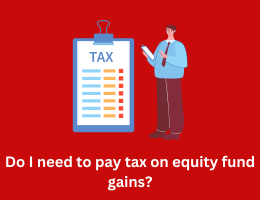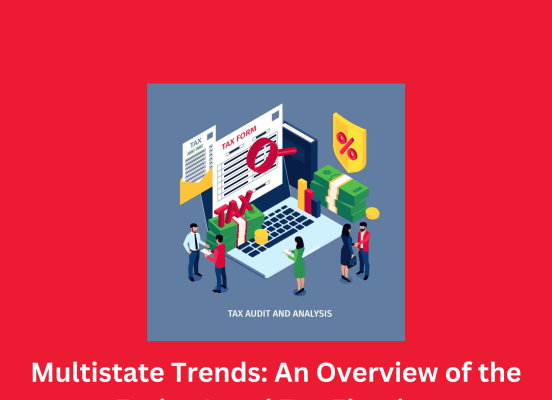
Multistate Trends: An Overview of the Entity-Level Tax Election That Pass-Throughs Should Understand
- By admin --
- Tuesday, 23 Apr, 2024
For pass-via groups and their owners at some stage in the states, pass-thru entity-stage tax elections present each significant capability and risks. Thirty-six states and one city (New York City) permit pass-via entities to pick out to pay profits tax on the entity stage in preference to the companion or shareholder level as of the start of the yr. Three other states Vermont, Maine, and Pennsylvania have law inside the works that would enforce an non-compulsory skip-thru entity level tax. Only North Dakota, Delaware, and the District of Columbia tax private earnings that passes via to a shareholder or partner from a skip-through corporation some of the last jurisdictions.
The federal upper bound.
The Tax Cuts and Jobs Act (TCJA, P.L. One hundred fifteen-97, 12/22/2017) positioned a $10,000 cap at the state and neighborhood deduction that character taxpayers could declare from their federal taxable income (or $5,000 in the event that they had been married filing one at a time) 5 years in the past. The $10,000 cap is scheduled to run out for tax years following 2025 since it applies to tax years starting on or after January 1, 2018, but earlier than January 1, 2026. Corporations aren't concern to this restriction. Prior to the Tax Cuts and Jobs Act (TCJA), businesses and character taxpayers who itemized their deductions were both able to deduct all state and local taxes paid or accumulated at some point of the tax year.
Introduction of an opportunity.
States started seeking out what at the moment are referred to as SALT cap workarounds manner around the limits on an person's kingdom and local tax deduction quickly after the regulation was authorized. A few states had firstly tried to set up charity deductions for state taxes, however the IRS successfully rendered this method unworkable through amending Reg. § 1.170A-1(h)(three). As a workaround for the SALT cap, Connecticut was the primary country to enforce a pass-through entity-level tax in April 2018. By generating a state tax price and deduction on the bypass-thru entity stage that isn't always issue to the $10,000 most, imposing the tax at the entity degree transfers the deduction for the country tax expense of the skip-via commercial enterprise from the character owners of the bypass-through entity.
Recognition with the aid of in addition states.
Following Connecticut's example, many other states did the identical, mainly after the IRS published Notice 2020-75 informing taxpayers that state and nearby taxes paid by means of a S employer or partnership can be subtracted through the partnership or S agency when calculating its non-one by one said federal taxable income or loss. The IRS recommendation states that the kingdom tax deduction on the entity degree is meditated in every associate's or shareholder's distributive part of non-one after the other said income. The distributed share of tax for every partner or shareholder isn't always a one after the other said item that might be at risk of the $10,000 most. Consequently, one sensible manner to get across the federal cap at the deduction for individual state and nearby taxes is for a kingdom to impose tax at the business enterprise level.
Election restrictions and exclusions.
Entities categorised for federal tax functions as partnerships (other than publicly traded partnerships) or S agencies may additionally usually decide to pay tax on the entity level on a country level; but, many states have restrictions or exceptions to this widespread rule. For example, that allows you to make the election, an Arkansas pass-thru employer should be engaged in wearing on a business for earnings and be problem to the kingdom's go back filing requirement. An entity submitting a composite partnership go back isn't authorized to make the election in Louisiana. In Minnesota, the pass-via entity need to have at the least one qualified owner, that is a resident or nonresident person, estate, positive sort of trust, or, starting in 2023, a single member not noted entity, as particular by way of Minnesota regulation. In South Carolina, all proprietors of a S agency or partnership have to be qualified proprietors (described as individuals, estates, trusts, or another entity aside from company earnings taxpayers, electing small enterprise trusts, or tax-exempt entities). In New Jersey, a partnership or S agency should have at the least one member problem to the country's gross earnings tax.
Elections for years can be held.
While the non-compulsory tax remains in effect indefinitely inside the majority of states, some restriction it to tax years during which the federal $10,000 SALT cap is in impact, making it unavailable for tax years beginning on or after January 1, 2026. Some states also stipulate that the election provisions can be robotically repealed inside the occasion that the federal SALT cap provisions are no longer in impact. Generally, an election binds all eligible proprietors of the pass-thru employer; states, however, might also restriction the election's utility to unique proprietors. Arizona calls for pass-through entities that plan to make an election to provide their owners with 60 days' notice in their potential to do so and allows bypass-via enterprise proprietors to select no longer to pay tax on the entity degree.

